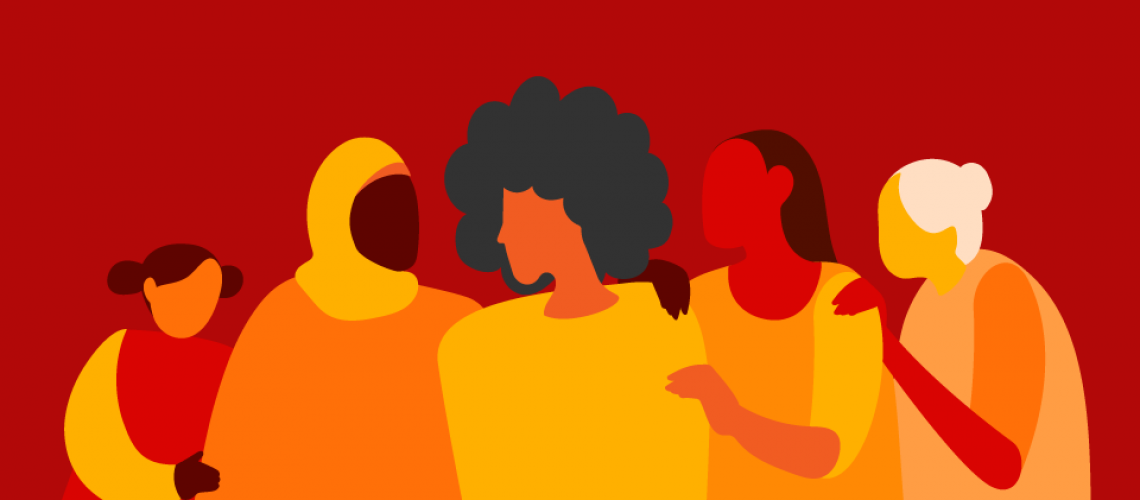Talking about family and sexual violence is not comfortable for anyone. But for ethnic communities in Aotearoa, there are specific differences and barriers that need community-based solutions, says Silvana Erenchun Perez, manager of Shama.
“We are a very diverse group of communities really, all coming under the “ethnic” umbrella. Migrants, refugees, but also New Zealanders whose families have been here for one generation or more.”
Ms Erenchun Perez is thrilled with the recent announcement of funding for national-level family violence and sexual violence prevention initiatives for ethnic communities in Aotearoa. Shama received $242K for several prevention initiatives – the first time there has been this kind of targeted funding.
This is part of a $2 million commitment from Budget 2019 to understand violence prevention needs and develop violence prevention initiatives in Rainbow, new migrant, disabled, at-risk and older people over two years. The details were announced by Minister of Prevention of Family Violence and Sexual Violence Marama Davidson earlier this week.
“The funding means we can continue the community-based work we have been doing over the last 18 months. We are starting to see some exciting projects coming out of our partnerships. Animations for ethnic teenagers about social media, workshops for parents and community leaders speaking out to prevent child sexual abuse, first-language videos to start conversations about sexual violence in our many communities. There is a lot of energy for us to work on solutions for ourselves.”
Shama delivers workshops with interpreters when working with refugee parents. “We try to reduce barriers as much as we can, by working with the awesome ethnic community groups out there and doing what people need,” says Ms Erenchun Perez.
The new funding also includes a role to connect ethnic men’s groups together around ideas of healthy masculinity and developing a healthy relationships programme for ethnic young people. “Ethnic men are already part of networks like White Ribbon, or doing amazing community work in their mosque, or being great dads and contributors to their specific ethnic community. We want to pull that all together to start talking about preventing violence.”
“And healthy relationships education here for young people has too small a focus for our ethnic lives,” she laughs. “Ethnic young people have different family relationships, different obligations, and they might not even date if they are part of a culture where marriage is arranged by family groups. They also need to work out how to deal with bullying based on who they are, on top of all the things teenagers usually worry about. So that project is super exciting, and it’s something our communities have been raising for a while.”
Ms Erenchun Perez says the Shama team includes many diverse ethnic, cultural and faith belongings, but they are keen to see more funding for other ethnic organisations too. “We want to collaborate, to learn together, but we also hope this is just the beginning for funding this work. Ethnic community organisations already do an amazing job connecting our communities. Imagine what they could do if they were properly resourced!”
Shama offers support for all ethnic survivors of sexual violence, including long-term therapy.



